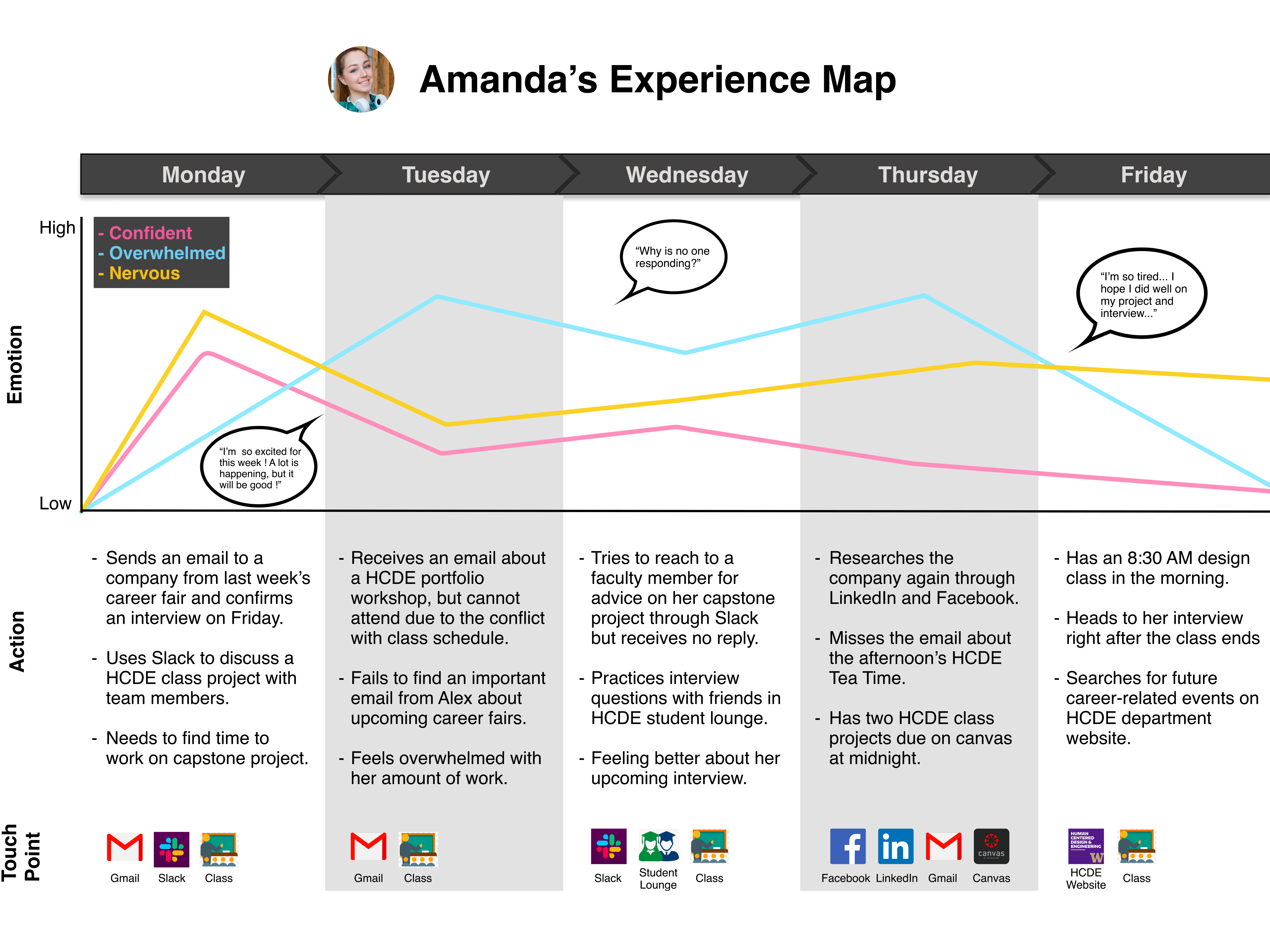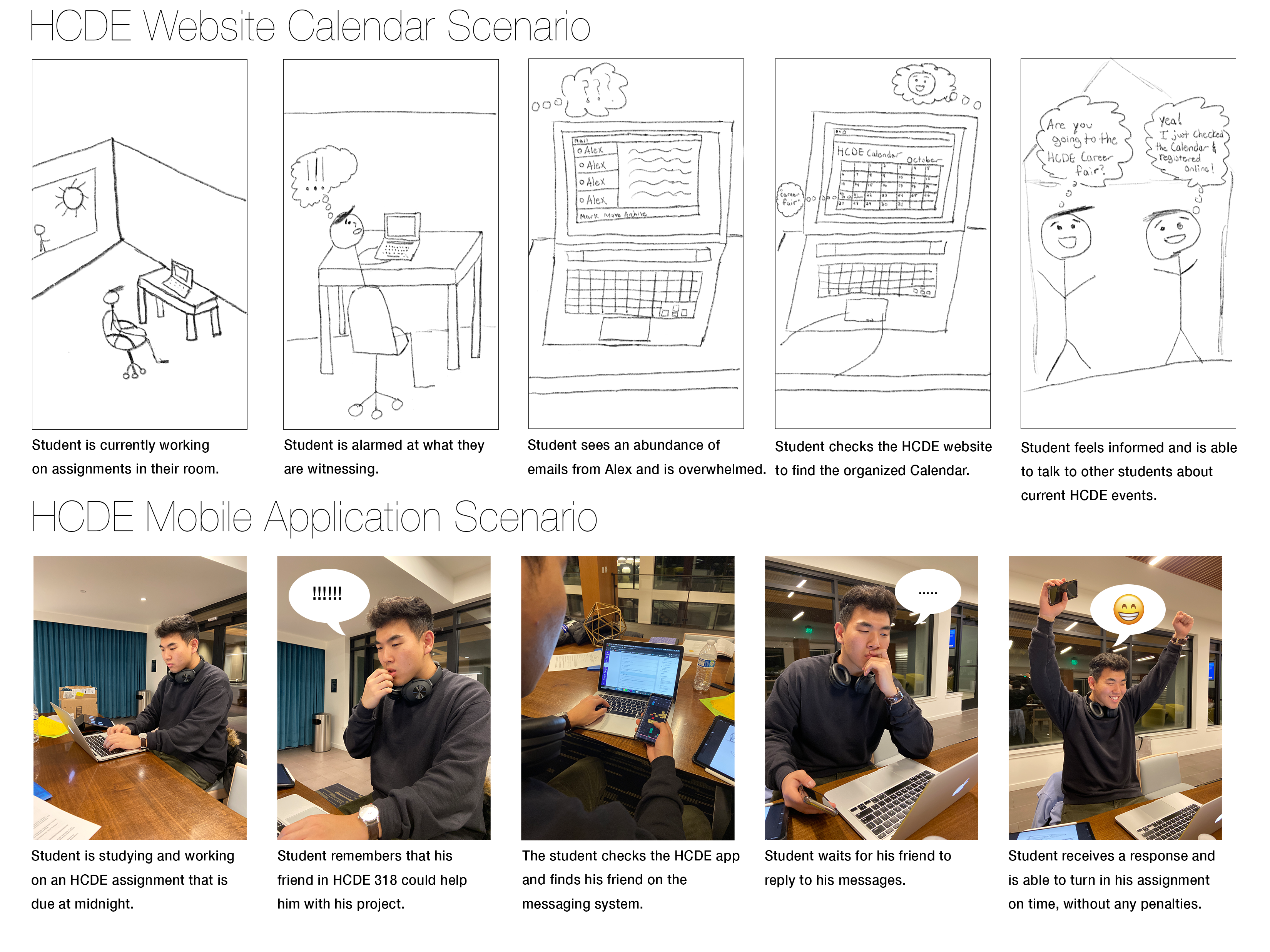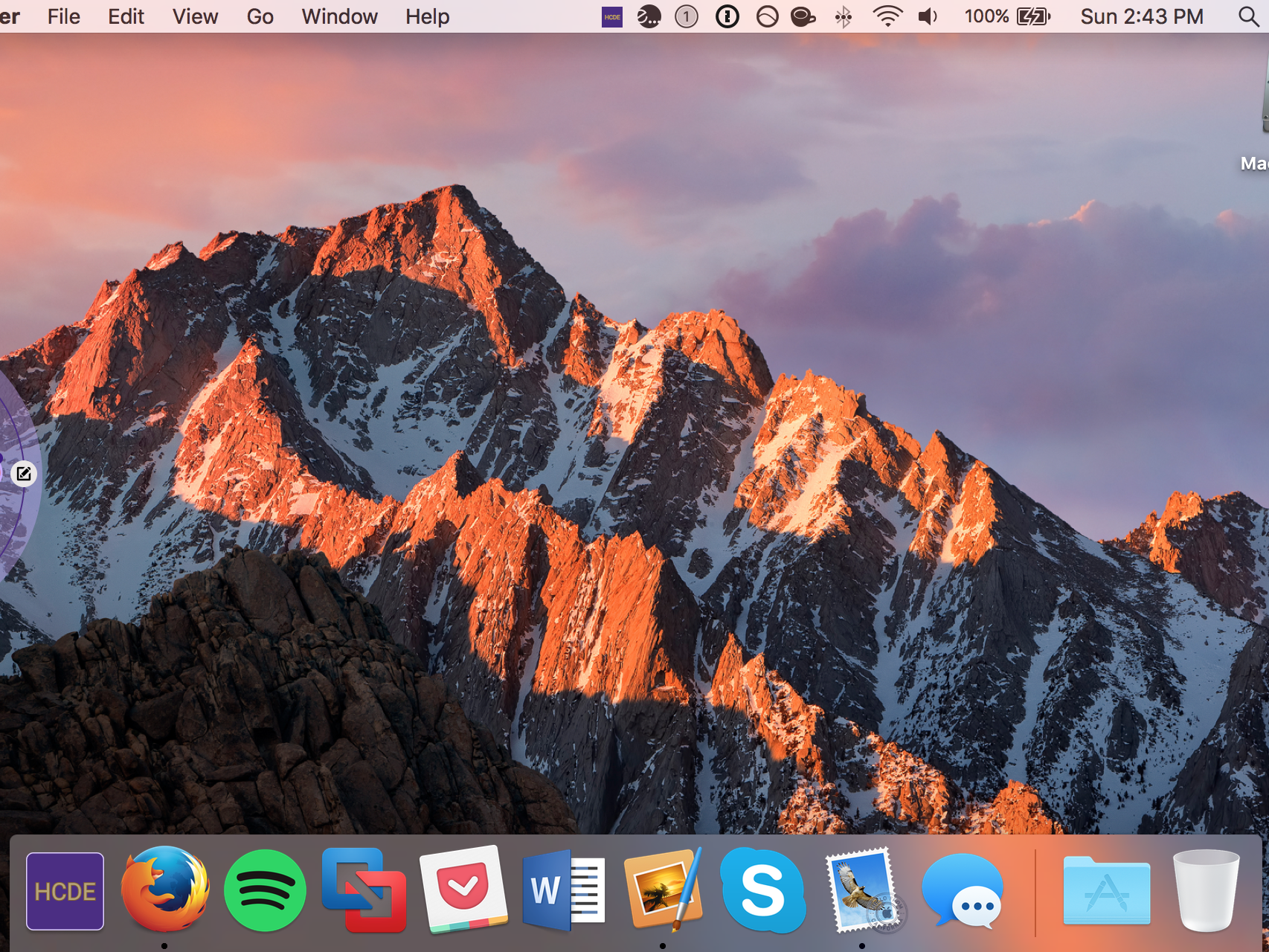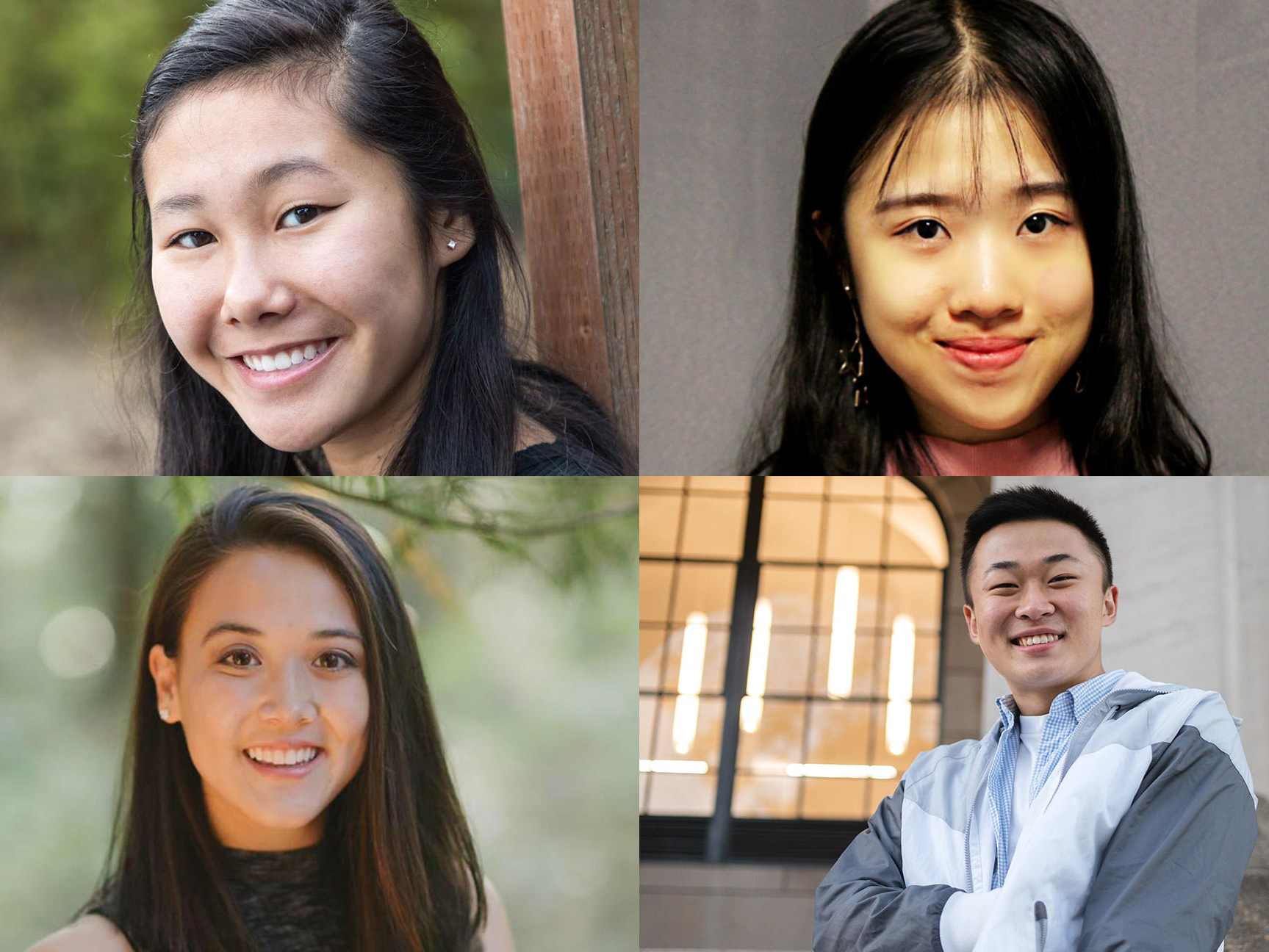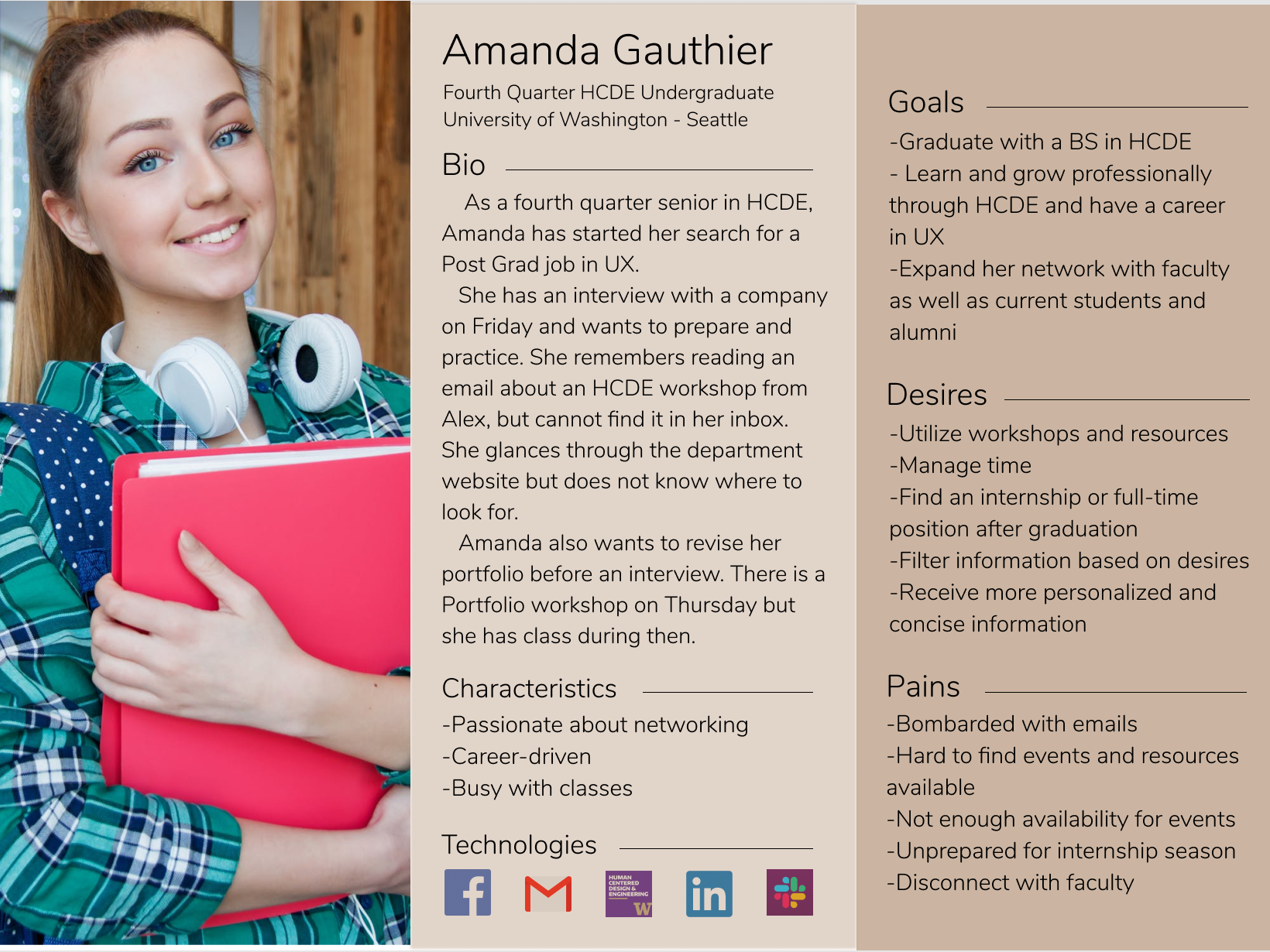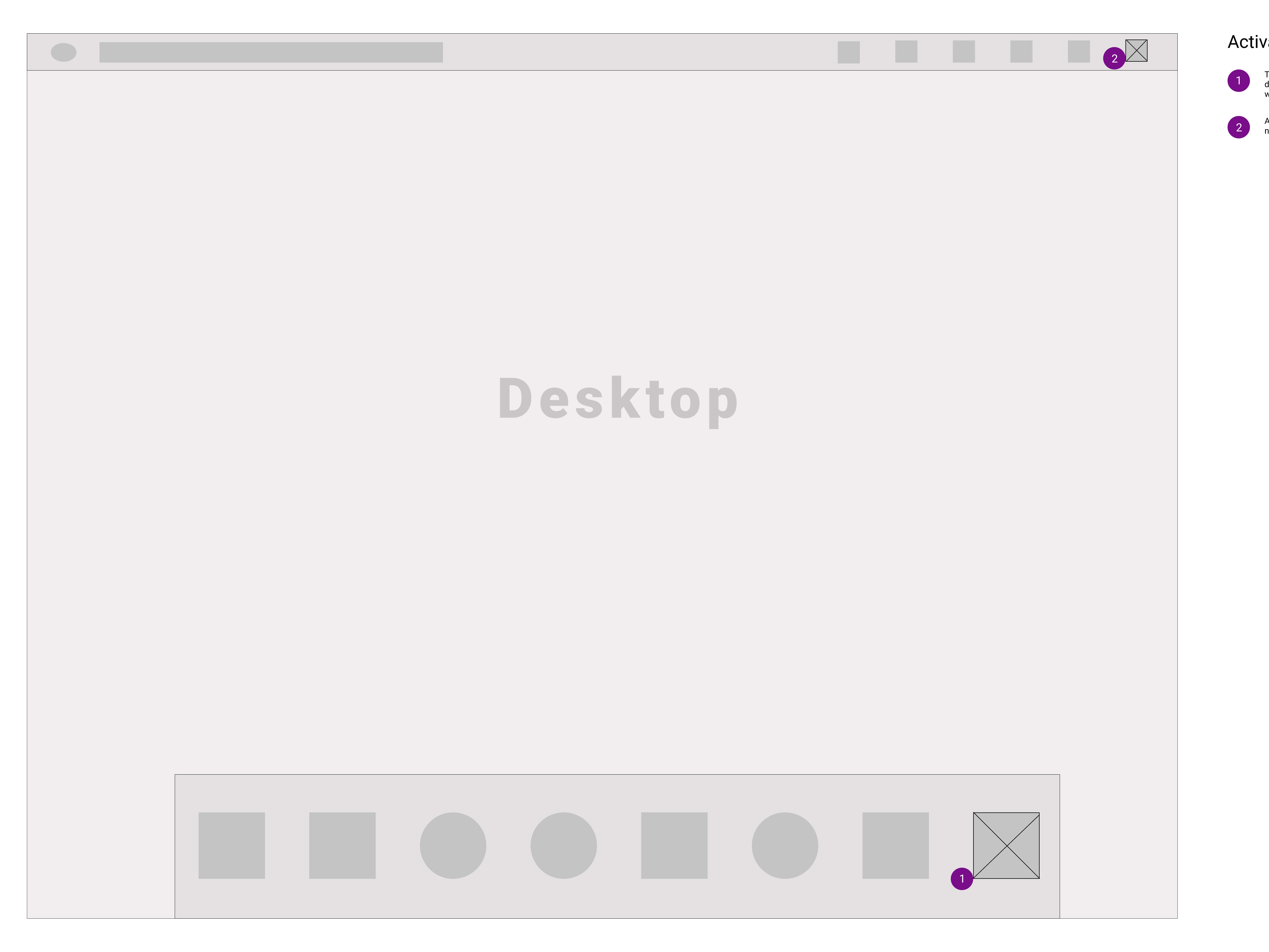We each interviewed students in the Human Centered Design and Engineering program we got a range of first and second year students in the major. We conducted 9 semi-structured interviews and 1 contextual inquiry. Our questions focused on the engagement within and with the program as well as the resources they felt were helpful. Some of our most insightful findings were:
- Lack of motivation to stay connected with the department.
- Student’s felt bombarded with emails from the department.
- Information given didn’t feel personal which lead to not feeling belonged.
- Want staff and faculty to be more involved in promoting activities inside the classroom.
- Lack of motivation to stay connected with the department.
- Student’s felt bombarded with emails from the department.
- Information given didn’t feel personal which lead to not feeling belonged.
- Want staff and faculty to be more involved in promoting activities inside the classroom.
Before each interview we made sure participants understood the intentions of this interview and that we were not connected with the department so they could answer truthfully. As well as reminded them they had the option to opt out of the interview or not answer the questions asked. This also helped us understand our own biases on this topic since we fall under the target users. We were able to validate that this really was a problem facing the target users, not just us.
Interviews:
Student A (S.A):
A fifth-quarter senior in HCDE. She looks for internship opportunities and career advice from the department, but is also busy dealing with school and life. She is skilled at using different technology to receive department information and search for resources. She hopes to connect with faculty.
A fifth-quarter senior in HCDE. She looks for internship opportunities and career advice from the department, but is also busy dealing with school and life. She is skilled at using different technology to receive department information and search for resources. She hopes to connect with faculty.
Student B (S.B):
A first quarter junior in HCDE. She has not been to any of the events and isn’t aware of what’s available. She receives emails, but skims over them quickly. She is strictly looking for career related events and is aware of career fairs, but is limited in her free time. She does not find any motivation to go to social events, because she sees and meets HCDE students in class. Since she is busy with rowing at UW she wants events to be meaningful and impactful for her future prospects. She wants events to push her towards her goal and to be beneficial for her.
Student C (S.C):
A second quarter junior in HCDE. She has been to several HCDE events such as tea time and game night. She receives and skims emails; she feels that emails are good in terms of reaching out but feels like she is bombarded with emails. She is interested in career related events, but feels like she’s not qualified for them. She is also interested in social events and connecting with new people. She is inclined to go to events if they can fit more with her schedule, because classes are already later in the afternoon by the time she’s done she’d rather go home than attend an event later that night.
Student D (S.D):
A first quarter sophomore in HCDE. He has been to a couple of events (including the BBQ) but went on accident. In the beginning he used to read all of the emails Alex sent but after a while it became too much and now he ignores them all. He feels disconnected with faculty and the department as a whole. Meeting faculty and creating relationships with them is something he is looking to do but doesn’t know where to start. He would also love to meet people within HCDE that share his passion for interdisciplinary work. He wished there were events to help him career wise, even suggesting we have a HCDE career fair. After explaining we do hold this event, he wished faculty would advertise this in classes and there was a more personalized way to receive this type of information.
Student E (S.E):
A fourth quarter Junior in HCDE. She has been to a few HCDE events, but only during her first quarter as a freshman. She receives emails, but only looks through the subject lines of every email to see if there is anything interesting. She feels as though there are an overwhelming 4 to 5 emails every single day. Her focus is not on events because she does not have an interest in them. She is involved in some social media, but overall feels disconnected from the HCDE community. She admits to not trying as hard, but she feels a major disconnect from the professors as well. She is hoping for word of mouth as well as the student lounge to help with some of these underlying issues for the upcoming class.
Additional Interviews:
Student F (S.F):
A fifth-quarter senior in HCDE. She is not taking any course on campus this fall, but she still hopes to be exposed to career-related resources with more flexible time span. She is skilled to use different resources to connect with other HCDE students. She prefers the slack channel, the student lounge, and class time to build social connections.
A fifth-quarter senior in HCDE. She is not taking any course on campus this fall, but she still hopes to be exposed to career-related resources with more flexible time span. She is skilled to use different resources to connect with other HCDE students. She prefers the slack channel, the student lounge, and class time to build social connections.
Student G (S.G):
A fifth-quarter senior in HCDE. She does not like socializing with others, therefore seldom participating in events. She only looks for events related to her career path receives relevant information mainly through email and the department website.
Student H (S.H):
A first-quarter sophomore in HCDE. He wants to gain more experiences so to build his portfolio for future internship. He thinks that there are few direct resources provided by the department, so he always has to obtain information by himself. He feels disconnected with faculty because he has not been to any office hours before. However, he has made several connections with HCDE’s upperclassmen through extracurricular clubs and activities. He really looks forward to attend events where he can get academic and career advice.
Student I (S.I):
A first-quarter junior in HCDE. He has attended most of the career-related events but only one social event, because he feels it hard to get to know other students through social events. He checks his email everyday and facebook once a week. He would check the website for class scheduling, or to confirm the events that he has been informed from other places.
Secondary Research
We use secondary research to help us build assumptions, validate findings, and learn about other perspectives and insights. Feeling of connectedness is important because it (1) increases motivation and investment, (2) increases retention, and (3) provides a sense of security and comfort [1]. Possible factors in HCDE students’ connections with the department include:
Peer mentorship and staff support are directly related to students’ sense of belonging and self-efficacy [2].
Easy-to-navigate information systems, clear educational and career plans, and opportunities for student leadership development can support students’ academic success [3].
Students appreciate reminders about relevant and important resources [1].
